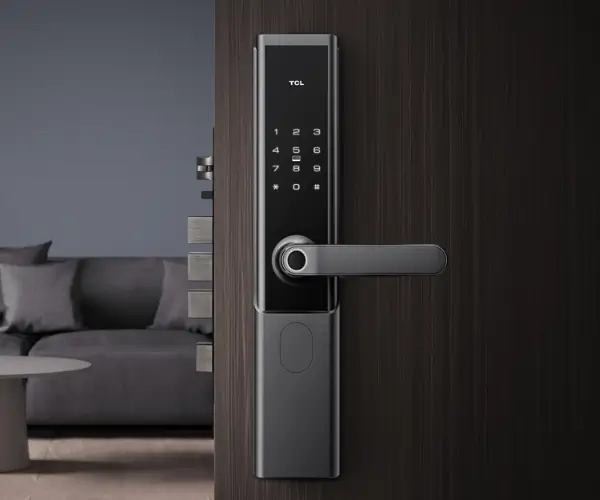Ever looked at two different motors and wondered how they’re so different even though they both move things? Let’s take a closer look at DC motors versus servo motors—two stars in the motor world that show up everywhere, from tiny gadgets to massive industrial setups. But what’s really the difference? And why should anyone care? Well, buckle up, because we’re diving into the nitty-gritty.

First off, a DC motor is kind of the classic go-to when simple rotation is needed. It’s straightforward: you supply it with DC power, and it spins. Nothing fancy, no fuss. Think about small toys or basic appliances. It starts spinning pretty much as soon as power hits it. But here’s the kicker—its speed varies with the voltage you feed it. Increase the voltage, and it spins faster; cut the power, and it slows down. That’s kind of a charm and a flaw rolled into one.
Now, let’s talk about servo motors. Unlike your typical DC motor, a servo is more of a precision tool. It's built for control—exact position, speed, and torque. Most servo motors come with feedback mechanisms, meaning they constantly tell you where they’re at. You tell a servo to go to a specific angle, and it’ll do its best to get there, and stay put. It’s like a tiny, intelligent robot arm. That's why they’re everywhere—from robotics to CNC machines.
So, what makes them different behind the scenes? Well, their core difference is control and purpose. DC motors are simple: they spin, and you control their speed by changing voltage. But servos have integrated control circuits and sensors. They’re essentially tiny computers with a motor attached. This makes them super accurate, but also a bit more complex and, often, more expensive.
Here’s a quick thought—what happens if you need something to rotate freely at variable speeds? A standard DC motor might be your pick because it’s simpler and cheaper. But if you need precise positioning—say, in a robotic arm trying to grab a delicate object—a servo motor is the way to go.
Some folks might ask: can a DC motor work as a servo? Well, not quite without extra stuff. You’d need to add sensors and controllers—the sort of equipment that turns a plain motor into something capable of precise control. But integrating all that isn’t always worth the hassle. Servos are built for that purpose from the ground up.
Choosing between them isn’t just about what kind of motor looks cooler or costs less. It’s about what’s needed at the end of the day. Do you need raw spinning power? Go with a DC motor. Need exact, repeatable positioning? It’s time for a servo.
And honestly, in the real world, you might find a blend—starter projects with cheap DC motors and then specialized machines that demand high precision with servo systems. Either way, understanding those differences can save a lot of confusion and head-scratching when building or diagnosing equipment.
KPOWER’s motors are built with this clear distinction in mind. They understand how vital the right motor is for the right task. So whether it’s a straightforward conveyor or a delicate robotic arm, picking the right motor can make or break the whole operation. And hey, sometimes it’s just about knowing what your project really needs, rather than what’s flashy or popular.
Next time you see a robot arm or a tiny drone, think about those tiny motors working behind the scenes. They might look simple, but the choices between DC and servo motors are anything but. It’s about matching technology to task, with a little bit of finesse—and a lot of engineering know-how.
Established in 2005, Kpower has been dedicated to a professional compact motion unit manufacturer, headquartered in Dongguan, Guangdong Province, China. Leveraging innovations in modular drive technology, Kpower integrates high-performance motors, precision reducers, and multi-protocol control systems to provide efficient and customized smart drive system solutions. Kpower has delivered professional drive system solutions to over 500 enterprise clients globally with products covering various fields such as Smart Home Systems, Automatic Electronics, Robotics, Precision Agriculture, Drones, and Industrial Automation.




































